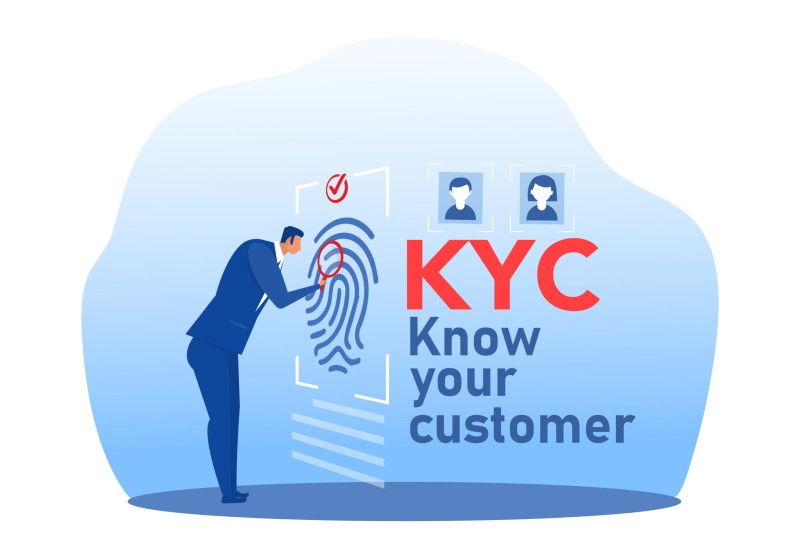
howtopay kyc
As HowToPay continues to enhance its services, meeting global standards for financial and payment businesses has become essential. Like banks, we are legally required to verify the identity of every customer. Failing to do so could expose us to significant risks, including legal penalties.
For this reason, HowToPay now mandates that all account holders provide a government-issued ID for verification. We cannot accept payments from customers who do not complete the KYC (Know Your Customer) process.
Why KYC Matters
KYC is crucial for maintaining a secure and transparent financial environment. It ensures that we verify each customer’s identity, safeguarding our platform against fraud, money laundering, and other risks. By knowing our customers, we protect both the business and our clients, reinforcing trust and compliance with legal standards.
Frequently Asked Questions
Q: What is KYC?
KYC, or “Know Your Customer,” is a process that helps financial institutions verify their clients' identities, assisting in fraud prevention and age verification. It enables us to ensure that customers are legally allowed to use our services and that they fully understand the terms.
Q: What is AML?
AML, or “Anti Money Laundering,” is a set of regulations requiring financial providers to identify clients and track fund destinations to prevent illegal activity. Meeting AML requirements is vital for regulatory compliance and public safety.
Q: Why is KYC necessary?
KYC is essential for identifying customers and verifying their identities through reliable documentation. For individual clients, we require ID and proof of address for verification. For businesses, HowToPay needs additional documents to verify the company’s legal status, the identity of authorized representatives, and information on beneficial owners. We also collect information on the nature of your business to understand the intended account use.
Q: Are KYC requirements new?
No, KYC requirements have long been enforced for banks and financial institutions. With evolving regulations, KYC standards now extend to corporations like HowToPay that offer payment and financial services.
Q: Is KYC mandatory?
Yes, KYC is a regulatory requirement. Financial regulators require banks and payment providers to uphold KYC and AML standards to protect against fraud and money laundering.
Q: Why KYC is Important?
KYC is essential to maintaining the security, integrity, and trustworthiness of financial systems. It allows companies like HowToPay to confirm the identity of their clients, helping to prevent fraud, money laundering, and other criminal activities that can harm businesses and customers alike. By verifying customer identities, KYC also protects against financial losses and regulatory penalties that can arise from illegal transactions. Furthermore, KYC safeguards clients' personal and financial information by ensuring that only legitimate account holders are granted access. This not only meets legal standards but also fosters a safer, more transparent financial environment, building confidence in HowToPay’s services for all our users.
Q: When does KYC apply?
KYC is currently required. Our team will reach out to all clients to help ensure their records are up-to-date and in compliance with regulations.
Q: Who should I contact at HowToPay for KYC?
Your primary contact will be your Relationship Manager or the account officer managing your transactions. Customer Service representatives listed on our contact page can also assist. You may also email us at [email protected].
Q: What happens if I don’t provide the necessary KYC information?
If required KYC documents are not submitted, HowToPay may need to close your account, with any remaining credits forfeited. Accounts may be reopened upon submission of the required information, at HowToPay's discretion.
Q: How do I supply the necessary information?
Simply email [email protected] with your account details, including a government-issued photo ID (passport or driver’s license) and a separate document as proof of address (e.g., bank statement, credit card statement, or a utility bill not older than three months). Note that the same document cannot serve as both ID and proof of address.
Q: Is my information safe?
Yes, your information is secure. We do not retain paper copies, and your details are not shared with third parties, except in response to formal legal requests from government agencies or law enforcement.
If you have further questions, please contact our Call Center or reach out to our online support team for assistance.
-
 12/10/2024 66
12/10/2024 66 -
 11/13/2024 118
11/13/2024 118 -
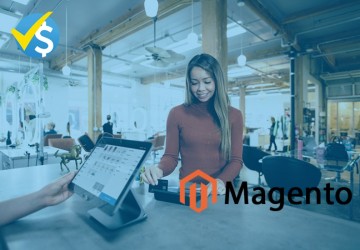 11/13/2024 86
11/13/2024 86 -
 11/07/2024 105
11/07/2024 105 -
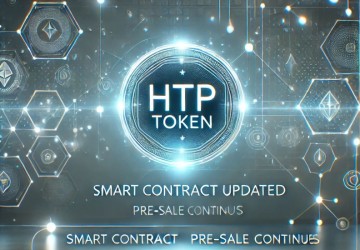 11/07/2024 116
11/07/2024 116
-
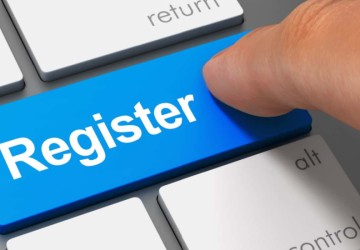 10/29/2024 923
10/29/2024 923 -
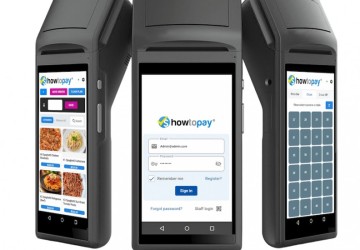 11/22/2023 276
11/22/2023 276 -
 11/01/2024 166
11/01/2024 166 -
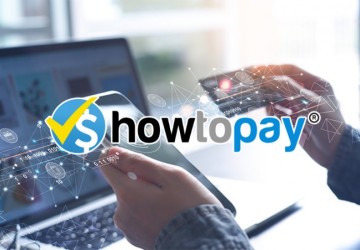 11/07/2024 152
11/07/2024 152 -
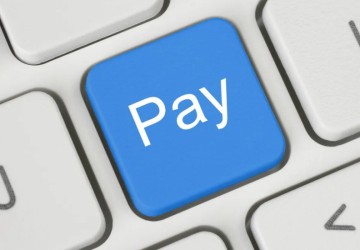 10/29/2024 149
10/29/2024 149
FEATURED NEWS

BUSINESS

NEWS

PAYMENTS


LEAVE A COMMENT